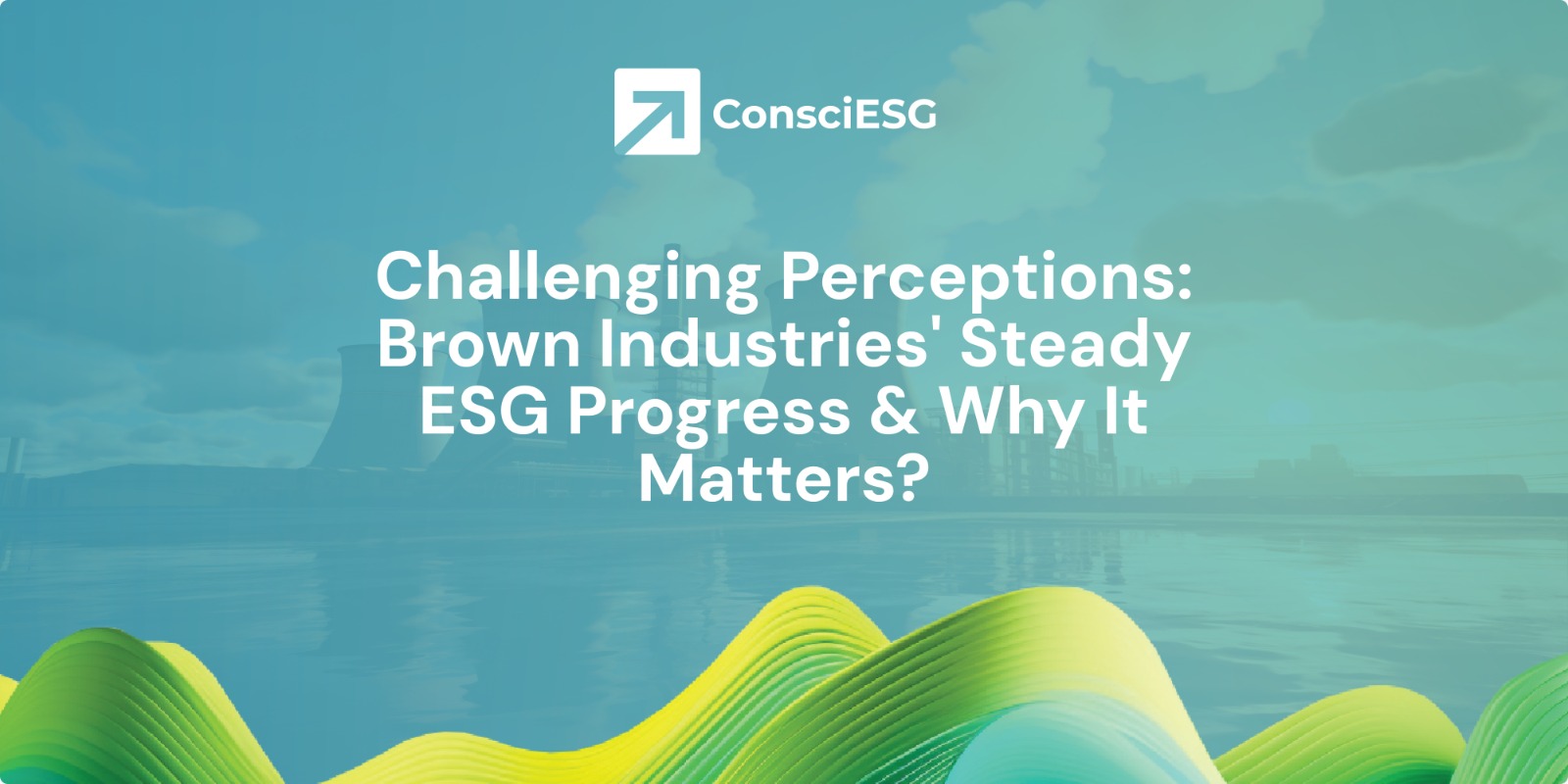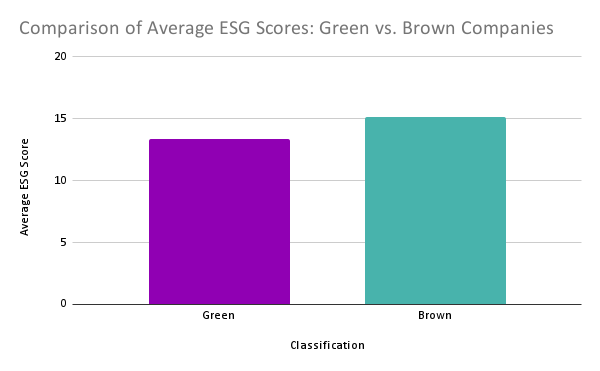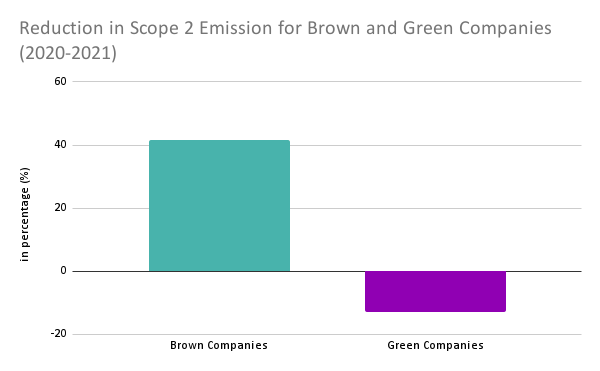As the drive toward sustainability intensifies, companies across all industries face increasing pressure to demonstrate measurable progress in their environmental, social, and governance (ESG) practices. Traditionally, certain sectors—often labeled as "green"—are perceived to have an easier path toward achieving high ESG scores. Conversely, industries deemed "brown" are viewed as facing more significant challenges due to their inherent environmental impacts. However, a deeper analysis reveals that these perceptions may not fully capture the evolving landscape of corporate sustainability efforts. This case explores the ESG progress of both green and brown companies, uncovering surprising insights that challenge conventional expectations.
In our recent analysis, ConsciESG examined the sustainability efforts of 12 companies from varying sectors, classifying them into two groups: green and brown. The green companies included those in technology, consultancy, and healthcare, while the brown companies were from industries such as automotive, airlines, transportation, retail, and mining. By leveraging our platform, we assessed their sustainability reports from 2020 to 2021 and assigned a progress ESG score to each, reflecting their year-to-year improvement.
The results revealed an intriguing insight. Despite the inherent challenges faced by brown companies due to the nature of their industries, the average ESG score difference between green and brown companies was minimal. While green companies held a slightly higher average score, brown companies demonstrated substantial progress, nearly matching their green counterparts. This finding underscores that companies traditionally considered "brown" are making significant strides in their sustainability efforts, closing the gap with industries that are generally perceived as more environmentally friendly.
Figure 1: Comparison of Average ESG Scores
Interestingly, our analysis revealed that brown companies experienced a reduction of 41.69 in Scope 2 emissions from 2020 to 2021, whereas green companies saw an increase of 12.95 in Scope 2 emissions during the same period. This indicates that, despite having higher ESG scores, green companies did not manage to decrease their emissions, whereas brown companies made notable progress in reducing theirs. The accompanying graph illustrates this discrepancy.
Figure 2: Reduction in Scope 2 Emission for Brown and Green Companies
This analysis highlights that sustainability progress is not confined to traditionally "green" industries. Companies in more challenging sectors are increasingly achieving comparable levels of ESG progress, reflecting a broader commitment to sustainability across the board. ConsciESG's methodology allows for a nuanced understanding of such progress, enabling stakeholders to recognize and reward advancements across all sectors. Our platform's capability to assess and benchmark this progress accurately is instrumental in driving sustainable development, regardless of industry.
This case serves as a reminder that the journey toward sustainability is shared by all, and progress can be found where it might be least expected.


